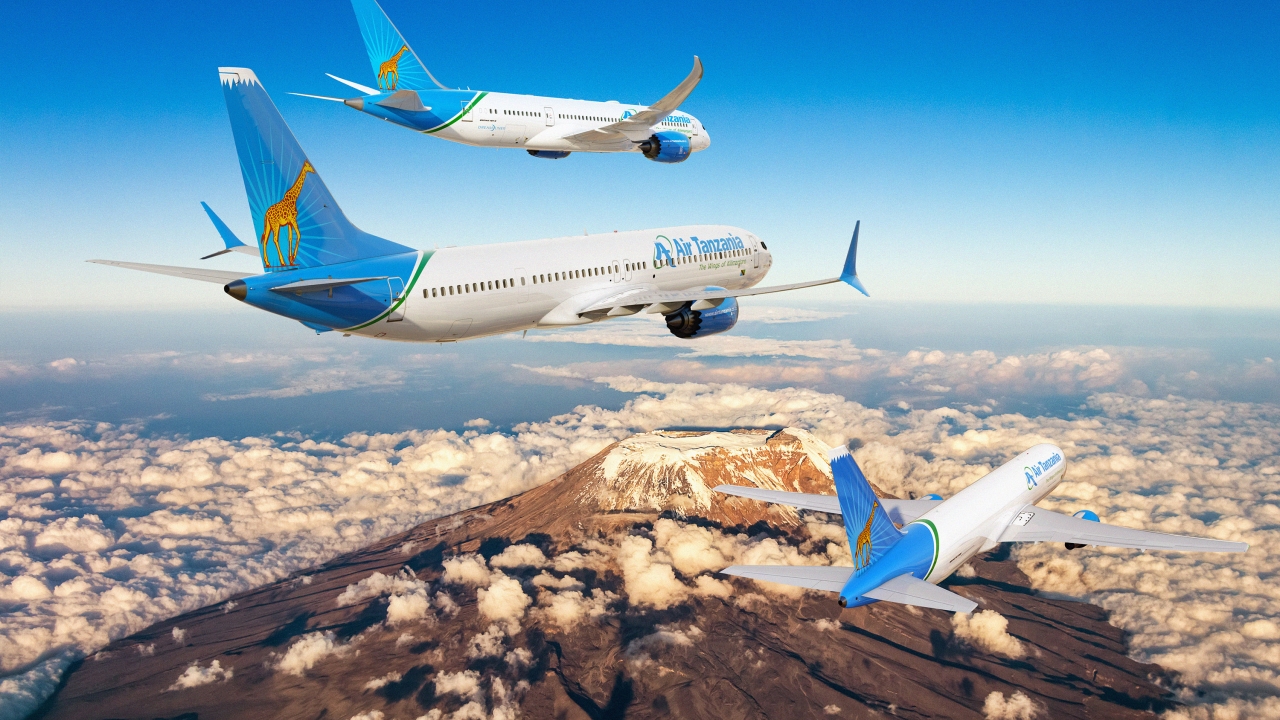West Africa still strangled by division
Most people agree that liberalising the west African air transport market would be good for the region. The problem is, as Chukwu Emeke reports, there are still many obstacles in the way of this happening.

One of the major objectives of the Economic Community of West African States (ECOWAS) has been, essentially, to make the sub-region a single destination, with easy movement and transactions.
Huge cross-border trade and business-to-business relationship possibilities, resulting in mass movement within the sub-region, would certainly justify this objective.
However, following the demise of Ghana Airways in 2005, Air Afrique in 2002 and Nigeria Airways in 2003, travellers have often had to go to Europe first before they could connect with their African neighbours.
It now seems imperative that the relevant authorities and stakeholders address this trend.
The problem is that actuating the liberalisation of west African skies, the obvious strategic solution, has remained a challenge.
“While other regional blocks within the African continent are having a much-desired impact, west Africa still remains largely divided with less connectivity, networking business and long-haul travel,” lamented African Travels coordinator Ikechi Uko.
His theme was taken up by Asky Airlines commercial director, Nowel Ngala, who said: “We, as Africans, should better understand. The irony is that, when intercontinental airlines and other bigger carriers want to come in, we are ready to give then fifth freedom traffic within Africa. We are ready not to follow and not to respect the Yamoussoukro Declaration (YD), which is a huge irony.”
He pointed out that the US was the first country in the world to have open skies but the Gulf carriers are not allowed to operate on the fifth freedom market there. Gulf carriers cannot leave Dubai, for instance, and land in San Francisco, pick up passengers there to go to Washington DC or between Washington and New York. In Africa, Gulf carriers have traffic rights, picking up passengers between Conakry and Dakar or Cotonou and Abidjan, which are fifth freedom markets.
This, Ngala believes, is an obstacle to the YD. “Apart from open skies, we need to discuss the details in terms of the freedoms; which freedoms are to be given to which carrier and what is the position of the carrier in terms of it origin. There is a lot that still has to be done and it has to be done fast. While we spend time on discussions, meetings, seminars and postponements, the market doesn’t wait for us and there is a lot going on which we are missing,” he said.
There are other constraints to air transport liberalisation in the sub-region. In west and central Africa, the traffic flows are still quite small. For instance, the biggest route in the sub-region is between Accra and Lagos. On this route, there are around 250,000 passengers a year. If for instance, you look at Nairobi to Mombasa in east African, you have 800,000 to 900,000 passengers a year. All the other routes in west and central Africa are even smaller.
Air Cote D’Ivoire managing director, Rene Decurey, believes that “if you have east African carriers coming to west Africa and just adding a leg to the route, for instance, from Accra to Abidjan, and dumping prices, this does not allow the local carriers to operate. I think that is not the meaning of what Yamoussoukro wanted to do.”
Nigeria’s Minister of State for Aviation, Hadi Sirika, believes connectivity is critical for regional integration and African growth and development. “In order to do this, we need to have the political will, improve our infrastructure, upgrade our facilities and train our personnel to the highest levels of proficiency and professionalism,” he said.
However Decurey remains cautious: “Liberalisation is great when you have all the ingredients. The potential in west and central Africa is still quite limited. If you want to liberalise thin routes by putting two or three players on the route, none of these players will survive. I think liberalisation needs to be done in phases, according to the potential of development,” he said.
All in all, air transport stakeholders in Africa agree that liberalisation is key as it will help competition, thereby reducing airfares and generally improving air services. What they don’t all agree on is exactly how to do it.
Stay up to date
Subscribe to the free Times Aerospace newsletter and receive the latest content every week. We'll never share your email address.

